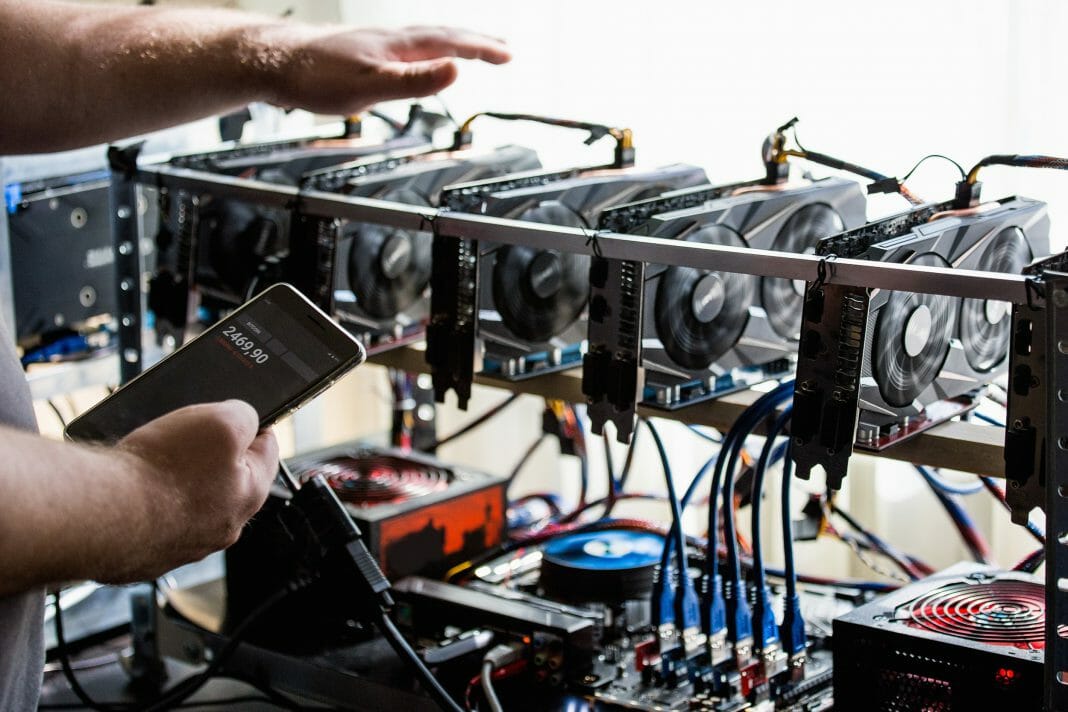The American hardware manufacturer announced the end of the production of Blockscale Series 1000 chips for digital mining equipment.
One year after its launch, Intel’s Blockscale 1000 series is halted, according to the US company’s recent announcement. The hardware manufacturer claims that it is focused on an aggressive cost reduction plan, due to which the production of chips for digital mining equipment is canceled.
In June 2022, the manufacturer embarked on a new project focused on digital currencies. However, at that time the cryptocurrency market was going through one of the strongest winters in recent years. Thus, although this new business had brought some progress for the technology company, it was not enough.
Like most companies in this sector, Intel is in a complex situation, as this firm is not a dominant player in the international semiconductor market. In order to be on par with its big competitors, therefore, it must make great investment efforts, which implies the reduction of expenses in order to improve the business strategy.
Intel Makes a Breakthrough Decision
For Intel it is paramount to keep fit in the face of sharp competition. Cost-cutting must be aggressive and strict if it aims at becoming a second-rate company in a fast-changing market. The production of chips for digital mining does not fit into this equation.
According to a Reuters report, Intel will stop taking orders for the Blockscale Series 1000 ASIC on October 20 this year. Likewise, shipments will stop in April 2024, as reported by the company itself. Meanwhile, the resources saved with this movement will be dedicated to other facets of greater benefit to the manufacturer.
Intel chips are structured for the Sha-256 algorithm, that is, to mine Bitcoin. They have a computing power of 580 GH/s.
In particular, production efforts will focus on creating “certain types of chips” for foreign customers. With this comes the end of a stage of the company’s incursion in the world of cryptocurrencies. It should be noted that in 2021 the mining business was one of the most profitable in the world.
At that time, engaging in the production of digital mining chips was one of the moves with the highest returns. The largest companies in this industrial sector could not keep up with the demand for mining equipment. Thus, Bitmain’s full production was set aside months in advance.
Demand Fell, and Business Collapsed
The cryptocurrency market entered a dark phase during the second quarter of 2022. Interest in investing sent the price of Bitcoin plummeting from $69,000 to just over $16,000 per coin. With such a fall, the returns of the digital mining business also went to a minimum.
Large publicly traded mining companies implemented emergency measures to avoid going bankrupt. Among these actions, the suspension of the purchase of ASIC equipment stands out. With this, the business went from being one of the most lucrative to be one of the most feared in the investment world. This reality affected Intel and its new Blockscale Series 1000 space.
Although the news was not the best, the company experienced progress in this field. Companies that built their customer base include Argo Blockchain, Hive Blockchain Technologies, Block, and GRIID Infrastructure. This modest advance allows Intel to leave the doors open for further forays into the crypto market.
Despite this, the priority now is to advance general advanced production and not focus on the creation of digital mining chips.
By Audy Castaneda









